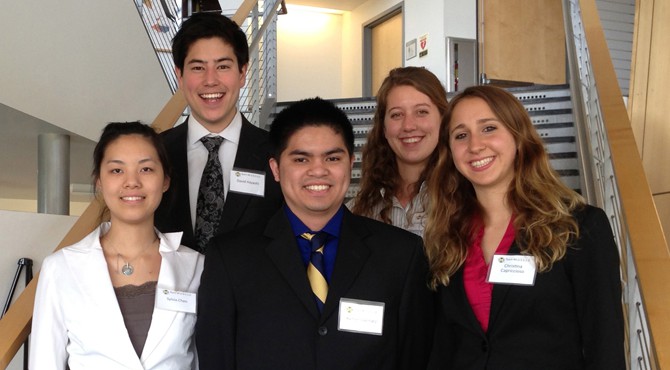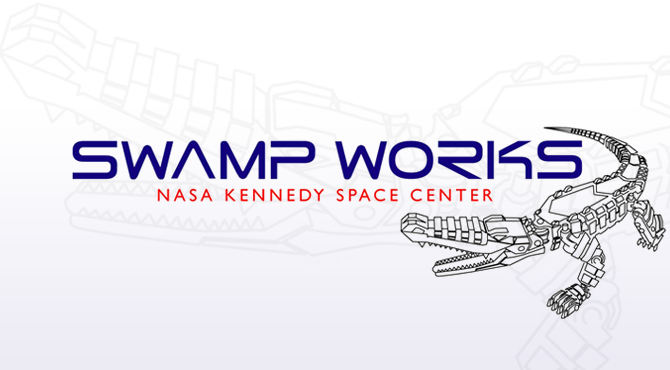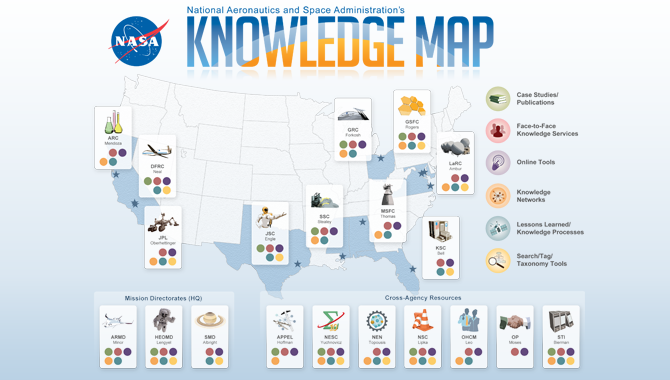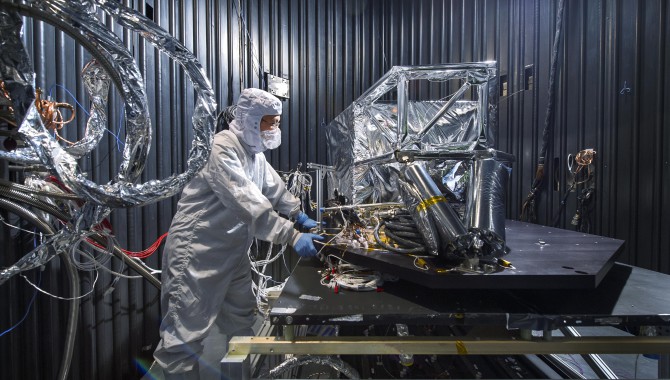
Astronomers used the Galaxy Evolution Explorer (GALEX) telescope to take this deep image in ultraviolet light of the sprawling spiral galaxy M81, hoping to learn where it kept its hot stars. Hot stars emit more ultraviolet than cool stars, and are frequently associated with young, open clusters of stars and energetic star-forming regions. Less than […]













